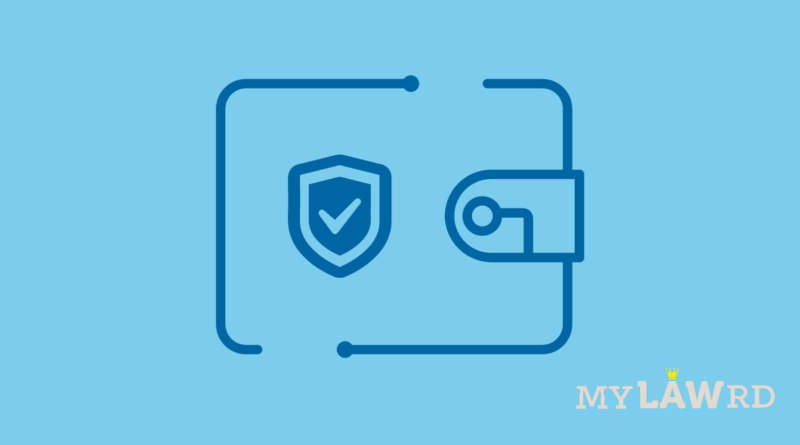Formal board to create and implement Self-regulatory Code of Conduct for Crypto-exchanges
The Blockchain and Crypto Assets Council (BACC) is setting up a formal board to oversee the implementation of a self-regulatory code of conduct for member crypto-exchanges. BACC is a part of the Internet and Mobile Association of India (IAMAI). IAMAI has also recently announced a self-regulatory body for OTT platforms.
The Council already has CoinDCX, WazirX, Unocoin and ZebPay among its members. Apart from crypto exchanges, the board will also include eminent jurists, technical specialists, and fintech compliance specialists. It aims to establish crypto trading as a legitimate business and bring all entities under one standard authority.
The IAMAI has long maintained that the government should regulate cryptocurrencies. In March, it had release a policy paper titled “The Case for Regulating the Use of Cryptocurrency in India”.
Tasks for the Board
As per an Economic Times report, the board will help the industry overhaul and standardise disclosure and compliance mechanisms to establish itself as a legitimate business.
IT will set up an advisory board to implement a code of conduct for the industry, which is in the works since last year. It will include standardised audits, routine disclosures of company information and funding, repeat KYC checks, improved data storage standards as well as reassessment of customer risk profile.
The board will also liaison with regulatory authorities such as the FIU, RBI, and SEBI to flag suspicious transactions. It will also create a certification standard for crypto exchanges based on these criteria.
“As we speak, the board is still getting set up and the roles/responsibilities have yet to be distributed. Till now…exchanges and the association have only agreed for a code of conduct and the full-blown self-regulatory code is being drafted,” said Sathvik Vishwanath, cofounder and chief executive of Unocoin.
Challenges ahead
The Supreme Court had set aside RBI’s virtual ban on cryptocurrencies in its 2020 judgment. However, banks were still citing the RBI circular and forcing crypto exchanges and traders to stop trading in cryptocurrencies. Consequently, the RBI has recently issue a clarification and asked banks to not to refer to the old circular.
In a positive development, the government had asked companies and crypto exchanges to disclose crypto related transactions, indicating that it may not ban crypto after all. It was also reported earlier this month that the government may establish a new crypto-regulation panel.
Since there is no regulation around cryptocurrencies, the situation is forever doubtful. This leads to confusion, speculation, and even rumors. Hence, the business is shaky at its core.
Further, in the absence of any laws or regulations, malpractices by a few exchanges and traders could bring bad name to the entire industry and repel traders from investing in cryptocurrencies. Malpractices could range from lack of diligent on-boarding of clients, inadequate KYC to money laundering and terrorist financing.
Lack of a grievance redressal authority is a big concern. Also, lack of general knowledge among banking and auditing institutions prohibits the crypto industry from gaining their, and ultimately the investor’s trust.
Do subscribe to our Telegram channel for more resources and discussions on technology law and news. To receive weekly updates, don’t forget to subscribe to our Newsletter.
You can also follow us on Instagram, Facebook, LinkedIn, and Twitter for frequent updates and news flashes about #technologylaw.

